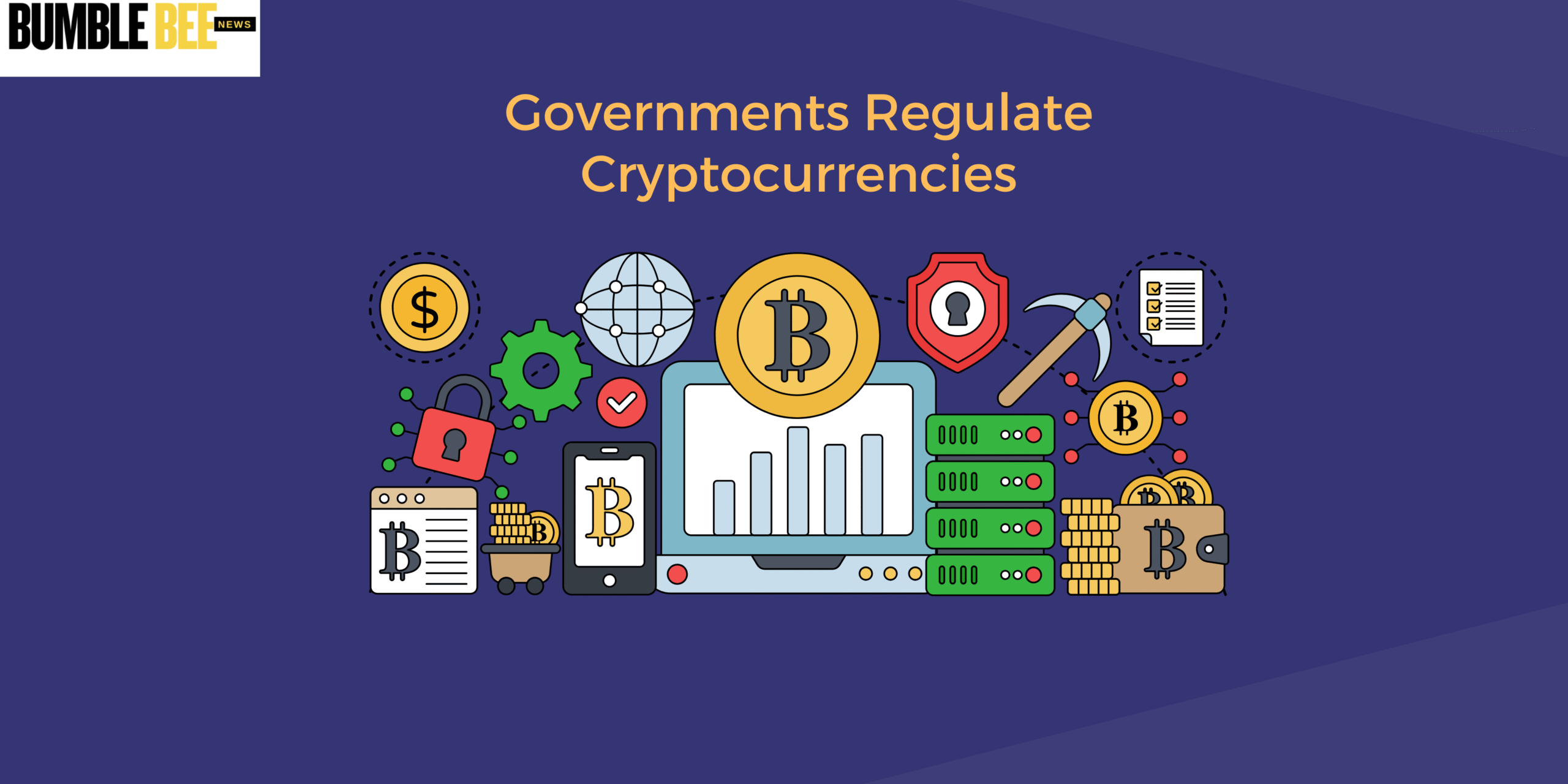
How Governments Regulate Cryptocurrencies in the Coming Years?
Cryptocurrencies have completely changed the banking industry. These digital assets, which range from stablecoins like USDT and USDC to Bitcoin and Ethereum, are revolutionizing the way individuals send, save, and invest money. However, governments worldwide are becoming concerned about this rapid expansion. Now, a lot of people are wondering how to maintain cryptocurrency’s safety, equity, and regulation.
We may anticipate a slew of laws in the near future that are intended to safeguard consumers, lower crime, and improve the security of the cryptocurrency sector. Let’s examine more closely how governments may regulate cryptocurrencies in the years to come.
Table of Contents
Improved Identity Verification and Anti-Crime Policies
The anonymity of cryptocurrency is one of the main issues for governments. Cryptocurrency transactions can be used to finance illicit activities including money laundering, fraud, and terrorism because many of them don’t require identification verification. Governments are anticipated to tighten AML (Anti-Money Laundering) and KYC (Know Your Customer) laws in order to combat this.
This implies that anyone wishing to use an exchange or wallet service to purchase, sell, or store bitcoin may be required to submit personal information such as their name, address, and identification. Like banks do now, cryptocurrency companies would be expected to confirm user identities.These rules may seem strict, but they will help stop criminals from misusing digital currencies and make the crypto space safer for everyone.

Clear Tax Rules for Crypto Users
Governments want to ensure that taxes are paid accurately as more people earn and trade cryptocurrency. Cryptocurrency is now regarded as a taxable asset in several nations. Profits from the sale of cryptocurrency are typically regarded as capital gains, and you must declare them.
However, many consumers are still perplexed by the tax laws pertaining to cryptocurrency. Governments will probably draft more straightforward regulations governing the taxation of cryptocurrencies in the upcoming years. All cryptocurrency transactions, including profits from mining, staking, or even NFTs, may need to be reported. Tax authorities in certain nations may request user data from exchanges in order to determine who is making money through crypto and who is not reporting it.

Stablecoins Under the Government’s Radar
One unique type of cryptocurrency that is connected to reliable assets, such as the US dollar, is called a stablecoin. Unlike Bitcoin, whose value can fluctuate greatly, they are intended to have a constant value. Stablecoins are frequently utilized for trading, payments, and savings due to their stability.
Regulators, however, are becoming concerned about the way stablecoins are handled. Sometimes there isn’t much evidence that these coins are backed by genuine funds in a bank account. If users attempt to withdraw their money without warning and the coin’s underlying corporation is unable to reimburse them, this could cause major issues.Only companies that are licensed and approved by central banks or financial regulators may be allowed to issue stablecoins. Some countries might go further and allow only banks to issue them at all. These steps would help ensure stablecoins are safe and reliable for users.
Aspects of Global Crypto Regulation
- Taxing Crypto: Governments are creating clear rules so profits from crypto are properly reported and taxed, just like other assets.
- Global Teamwork: Countries are working together, often through groups like FATF, to create consistent crypto rules worldwide.
- FATF’s “Travel Rule”: A specific rule requiring crypto services to share info about who sends and receives transactions, similar to banks.
- Classifying Crypto: Governments are deciding if a crypto asset is a commodity (like gold) or a security (like a stock) to know how to regulate it.
- Protecting Users: Laws are being made to shield crypto users from fraud, scams, and market manipulation.
- Regulating DeFi & NFTs: Regulators are starting to look at how to apply rules to newer areas like decentralized finance and NFTs.

Why Governments Are Watching Stablecoins Closely?
Governments are watching stablecoins closely because they want to protect users, avoid financial risks, and keep the system stable. With the right rules in place, stablecoins could become a useful, secure tool in the digital economy.
One particular kind of cryptocurrency is called a stablecoin. Their value is linked, or “pegged” to a stable entity, like the US dollar in contrast to Bitcoin or Ethereum. Accordingly, the value of one stablecoin should always be around $1. As a result, a lot of individuals use stablecoins to transmit, save, and trade money without being concerned about significant price fluctuations.
Nonetheless, governments are now closely monitoring stablecoins. Concern over the backing of these currencies is one of the main causes. In addition, governments may demand that only licensed financial institutions like registered companies or even banks are allowed to create and manage stablecoins. This would reduce the risk of fraud and give users more confidence.
Real-World Examples of Crypto Regulation
United States Organizations such as the CFTC and SEC are determining which cryptocurrencies are considered commodities or securities. Laws are being drafted to make tax duties more clear and to enhance consumer protection.
The Markets in Crypto-Assets Regulation (MiCA), which was recently introduced by the European Union, establishes guidelines for stablecoins in particular on reserves, licensing, and transparency.
India has imposed a 30% tax on crypto profits and requires a 1% tax deducted at source on transactions. The Reserve Bank of India is also working on its own Central Bank Digital Currency (CBDC).

A Safer Future for Cryptocurrencies
Cryptocurrencies are definitely here to stay and will become an even bigger part of how we handle money. But with all this growth, governments around the world have a big job making sure crypto is safe for everyone and doesn’t become a tool for crime.
So, what does the future hold?
You’ll also likely see much clearer tax rules, so everyone knows exactly how to report their crypto earnings and those stablecoins. They’ll be under a microscope, with new rules to make sure they’re truly safe and reliable.
Because crypto moves across borders so easily, countries will work together more than ever to create consistent rules. This teamwork will make it easier to track suspicious activity and protect users globally.







